National Association of Wetland Mangers
Events from this organizer
-
-
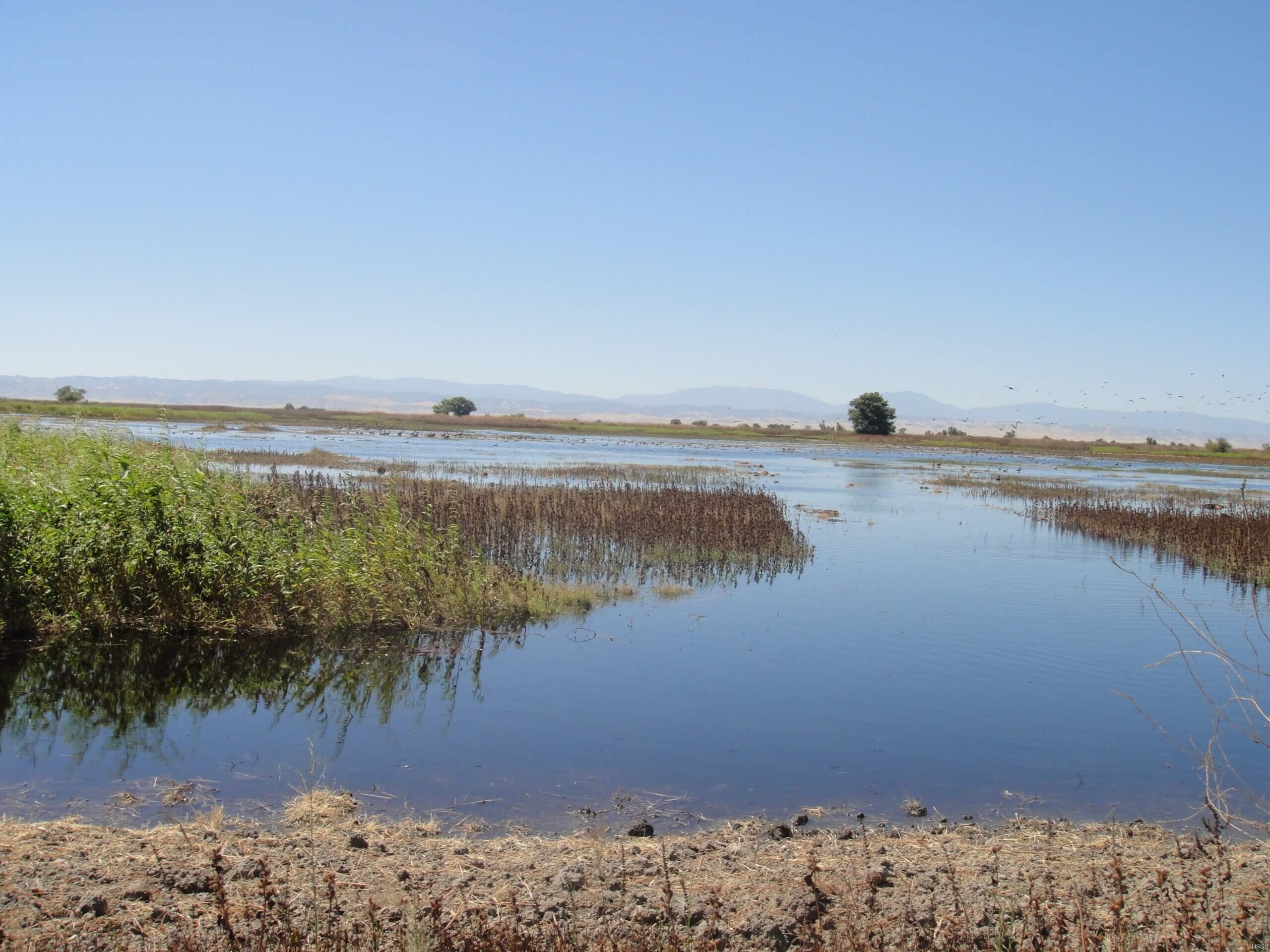
Geospatial Mapping Tools and Techniques for Tribal Wetland Programs
VirtualAs GIS technology advances, geospatial tools have become more useful and accessible for wetland managers. These tools and techniques can be particularly valuable for monitoring and assessment applications, including data collection, analysis, modelling, and visualization for education and outreach. The results of these efforts may be utilized for other EPA core elements, such as prioritizing
-
-
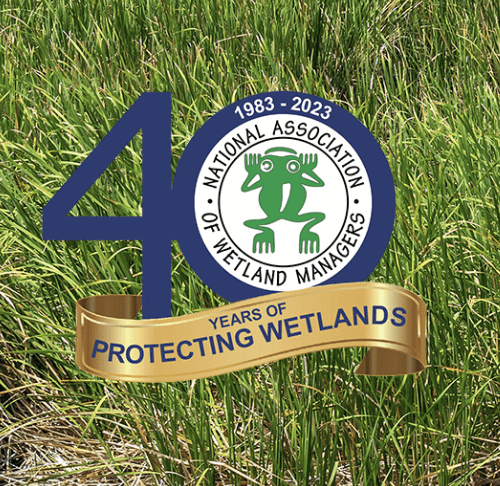
Preparing Quality Assurance Project Plans for Your Tribal Wetland Program Webinar
OnlineMany of the activities undertaken by tribal wetland programs require the preparation and approval of a Quality Assurance Project Plan (QAPP). A QAPP is a project-specific plan that lays out the type and quality of environmental data to be collected, including the quality assurance and quality control measures that will be used to ensure data
-
-

Functional Wetland Loss in the American West: How Water Scarcity is Reshaping Wetland Ecosystems Webinar
OnlinePRESENTER Patrick Donnelly, Intermountain West Joint Venture and the US Fish and Wildlife Service Migratory Bird Program ABSTRACT Climate change is driving inequity in wetland loss through functional declines. An improved understanding of these trends provides important insight for wetland managers and adaptive strategies needed to offset accelerating losses. This presentation will discuss recent findings from
-
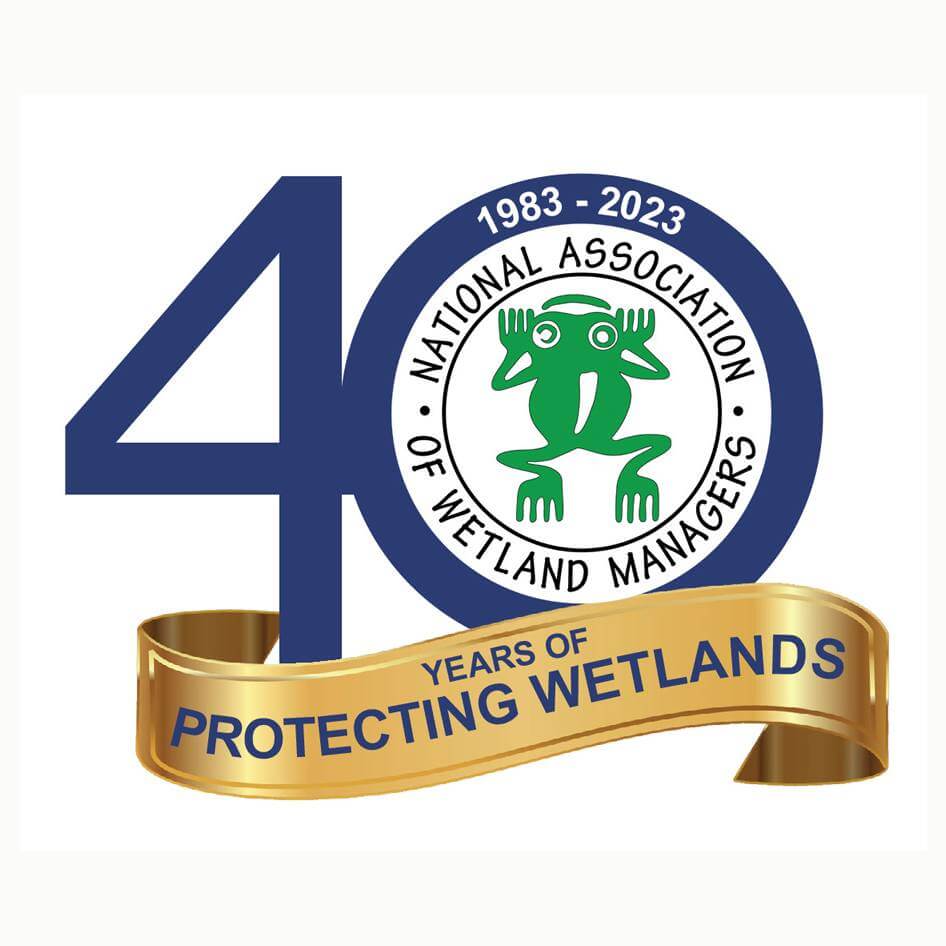
Functional Wetland Loss in the American West: How Water Scarcity is Reshaping Wetland Ecosystems
VirtualClimate change is driving inequity in wetland loss through functional declines. An improved understanding of these trends provides important insight for wetland managers and adaptive strategies needed to offset accelerating losses. This presentation will discuss recent findings from a pilot study examining disproportionate impacts on semi-permanent wetlands and migratory waterbirds in Oregon and California. Results
-
-
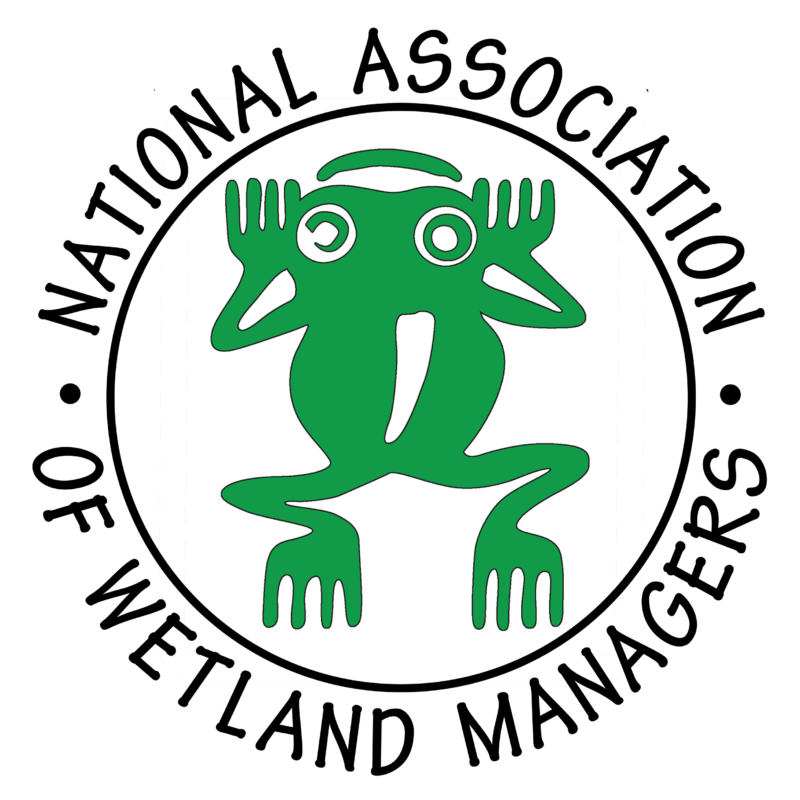
The “Chevron Doctrine” and How an Upcoming U.S. Supreme Court Decision May Change the Way Federal Environmental Regulations are Written and Challenged in Court
VirtualTwo cases are before the U.S. Supreme Court this term that could radically reshape the way federal environmental regulations are written and are challenged in court. The U.S. Supreme Court is considering the validity of the “Chevron Doctrine,” which for almost forty years has required judges to defer to federal agencies’ expertise used to interpret
-
-
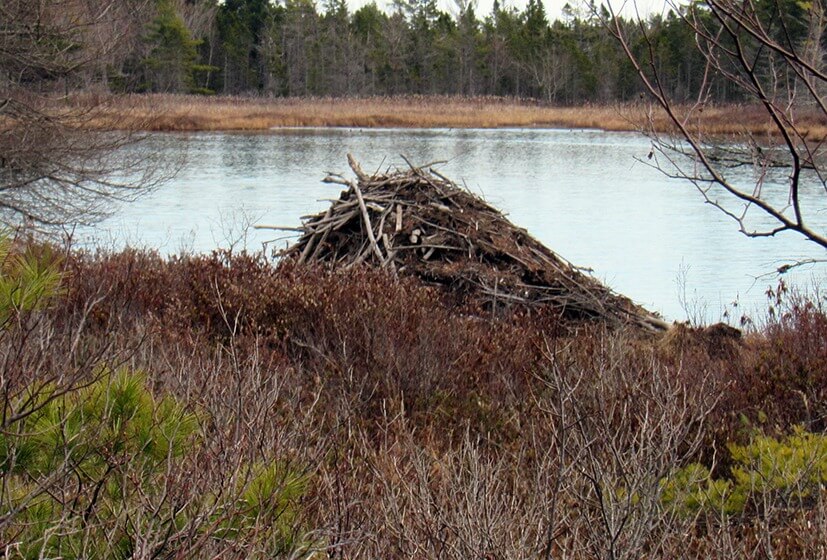
Navigating the Permitting and Regulatory Environment of Beaver-Related Projects: A Panel Discussion
VirtualPRESENTERS: Adam Burnett, Beaver Institute Alexa Whipple, Methow Beaver Project Rob Walton, Beaver Institute Dan Aitchison, Westchester County Department of Parks, Recreation, and Conservation More information coming soon. Click here for more information and to register.
-

Predicting and Mapping the effects of the Sackett Decision
VirtualPRESENTERS Joe Shapiro, University of California, Berkeley Andy Robertson, GeoSpatial Services at Saint Mary’s University of Minnesota Tom Bernthal More information coming soon. Click here for more information and to register.
-
-
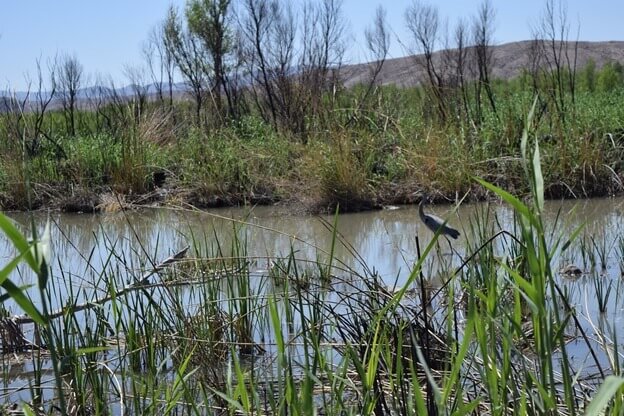
MAWWG-NEBAWWG Webinar Series: Wetland Classifications
VirtualPRESENTERS Mary Ann Furedi, Pennsylvania Natural Heritage Program Bill Nichols, New Hampshire Natural Heritage Bureau More information coming soon. Click here for more information and to register.
-
-

NAWM’s Annual State/Tribal/Federal Coordination Meeting
National Conservation Training Center 698 Conservation Way, Shepherdstown, WV, United StatesJoin the National Association of Wetland Managers (NAWM) Annual State/Tribal/Federal Coordination Meeting, to be held at the National Conservation Training Center (NCTC) from June 17-20, 2024. This year’s theme is “Filling the Gaps & Embracing Change.” The purpose of this annual meeting is to support state and Tribal wetland program managers, and other wetland professionals
-
-

Beaver Restoration and Management on Tribal Land
VirtualThe National Association of Wetland Managers (NAWM) formerly the Association of State Wetland Managers (ASWM), and the Bureau of Land Management (BLM) collaborated to develop a series of webinars introducing the topic of restoration of aquatic ecosystems through the reintroduction of beavers, the use of beaver dam analogues (BDAs) or restoration designed to attract beavers to an
-
-

Salt Marsh Projects and Programs Webinar – MAWWG-NEBAWWG
PRESENTERS Mihaela Enache, New Jersey Department of Environmental Protection Tom Kutcher, Rhode Island Natural History Survey ABSTRACTS Mihaela Enache Diatom-based applications for assessment and monitoring of New Jersey coastal wetlands condition Due to high sensitivity to environmental conditions, diatoms are one of the most used aquatic indicators in environmental assessment, mitigation, and monitoring. NJDEP started
-
-

Scaling Wetland Intelligence with GeoAI: Tools, Trends, and a National Vision
Virtual EventThe National Wetlands Inventory (NWI) is the most authoritative national dataset for wetlands, yet in many areas its coverage is decades old. Recent policy changes, including the Sackett v. EPA decision, place greater responsibility on states to develop strategies for protecting wetland resources. In this webinar, you’ll learn how the state of Tennessee partnered with

